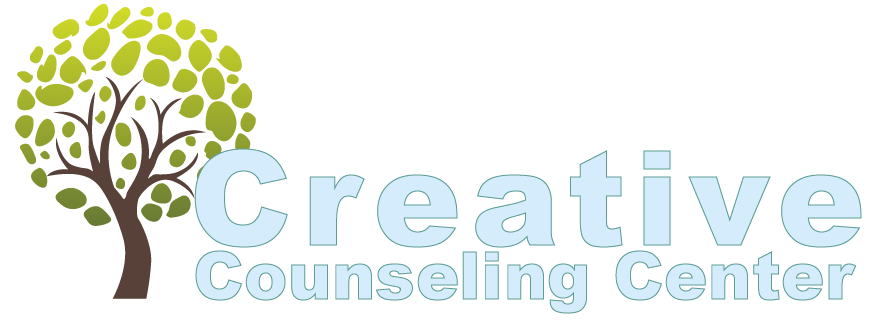Discovering the Meaning and Signs of Passive-Aggressive Behavior
Passive aggression (P/A) is a way for people to express negative emotions without directly expressing them. In passive-aggressive people, there is a disconnect between what they say or feel and what they actually do. It’s important to recognize the signs of passive-aggressive behavior and learn how to better interact with passive-aggressive individuals.
Passive aggression is a combination of aggressive behavior and passive behavior. Here are a few common signs of each so we can see how they manifest in passive-aggressive behavior.
Aggressive behavior:
- Bullying
- Name-calling
- Yelling or screaming
- Visible frustration
- Physically harming someone
Passive behavior:
- Avoiding social confrontation
- Saying nothing in response to questions
- Hiding feelings from themselves or others
Passive aggression is the combination of these two sides of emotion. For instance, instead of directly telling someone that they are being annoying, a passive-aggressive person may make a sarcastic comment about them or give them the silent treatment. This type of passive-aggressive behavior is an attempt to communicate their frustration, yet avoid direct social confrontation.
Passive-aggressive behavior in a person commonly originates from deep anger, resentment, or frustration that they don’t express or address directly. People who exhibit passive-aggressive behavior are not always aware of what they are doing. It’s common for these people to have pushed their anger so deep down that they don’t remember it’s there. In these cases, the anger is expressed indirectly in the examples outlined below.
Signs of Passive-Aggressive Behavior
There are many signs of passive-aggressive behavior. The above examples are verbal methods of passive aggression, but there are many other ways that passive-aggressive behavior expresses itself:
- The silent treatment
- Heavy procrastination
- Backhanded compliments
- Overuse of sarcastic comments
- Intentionally withholding information
- Avoiding responsibility for tasks and projects
- Opposition to requests from authority figures
Passive-aggressive people are also known for agreeing with someone's request, then expressing their resentment or anger by not following through on their promise. Oftentimes, these common types of passive-aggressive behavior is unintentional.
Overall, you can identify when someone is being passive-aggressive when they don’t directly express their anger or frustration, and instead let it out in subtle ways that indicate they aren’t in agreement with you or your words.
3 Ways to Work with Passive-Aggressive People
Do not respond to their passive aggression with anger, frustration, or your own passive aggression.
- This kind of response will encourage the other person to continue acting passive-aggressively.
- Instead, show that you value their perspective and avoid accusing them. Do this while also making sure you don’t apologize for the unwarranted offenses they express with their passive aggression.
Intentionally manage your own emotions when in conversation with a passive-aggressive person.
- Don’t let them cause you to react emotionally to their words or actions. If they can get a rise out of you with their behavior, it will likely continue.
- Instead, do your best to address the person's concerns directly and open the space for an honest conversation.
Limit the time you spend with passive-aggressive people.
- If the above methods don’t work, your next best step is to limit your time with them whenever possible.
- This can give you time to assess the situation objectively and find a solution to the problem moving forward.
Passive aggression can severely harm relationships if it goes unaddressed. If the passive-aggressive person is open to it, speaking with a mental health counselor is a fantastic way to deal with the underlying emotions that cause types of passive-aggressive behavior.
Contact Creative Counseling Center
Are you struggling with someone you believe may be showing signs of passive-aggressive behavior? Are you looking to speak to a mental health counselor? Schedule a free phone consultation to learn more about our services. We have a team of experienced counselors in the Denver area, and we would love to provide support to your family. We look forward to hearing from you.
Contact Us
We will get back to you as soon as possible.
Please try again later.

ABOUT THE AUTHOR
Teri Karjala is a Licensed Professional Counselor & Marriage and Family Therapist. She is the founder and Executive Director of Creative Counseling Center, LLC. Working in the field since 1999, Teri and her team of therapists specializes in counseling for those who have experienced trauma. They work with children as young as age 2, as well as teens and adolescents, adults, seniors, families, and couples.
REQUEST A FREE CONSULTATION
If you have questions about counseling, would like to find out if counseling could help you or a loved one, or are interested in learning more about our services, just complete the brief form below to request a Free Phone Consultation. A member of our team will contact you shortly. After a brief conversation, we'll determine together whether our practice is right for you and which therapist may be best suited for your specific circumstance.
Finding the right therapist, one you click with, is less about the therapist's experience and qualifications and more about the therapist's personality. So let's talk. Let us match you with a therapist you have a high likelihood of clicking with.
Fields marked with an * are required.
Contact Us
We will get back to you as soon as possible.
Please try again later.
GET SOCIAL WITH US
CONNECT WITH US
PHONE
EMAIL US
ADDRESS
6021 South Syracuse Way, Suite #216
Greenwood Village, CO 80111
OFFICE HOURS
Monday-Thursday: 8:30am-8pm
Friday: 12pm-5pm
Saturday: 12pm-4pm



